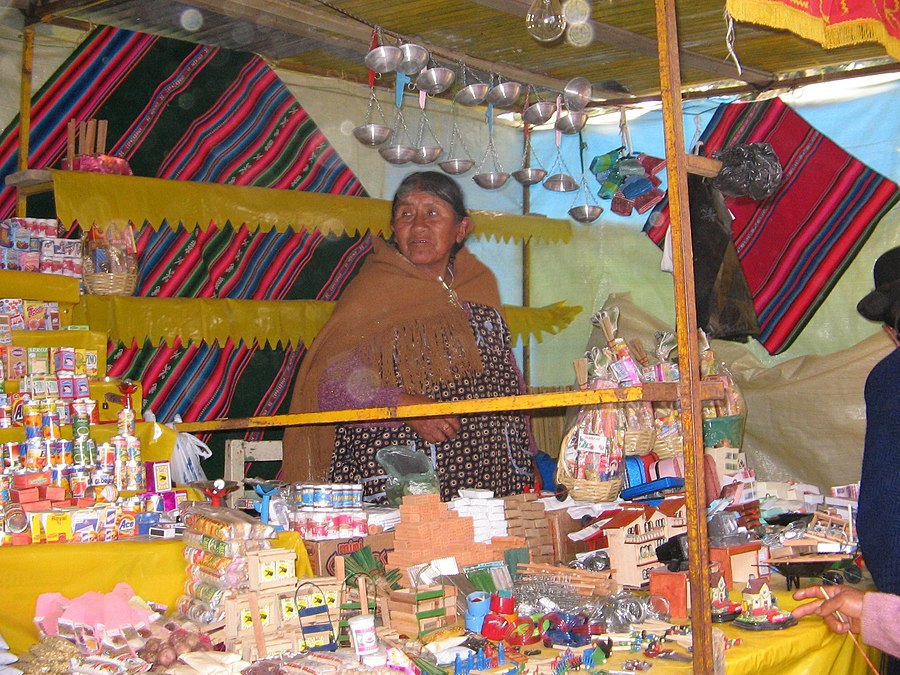Facts About Alasitas
The Alasitas Fair is an annual cultural highlight in La Paz, Bolivia, commencing on January 24th each year. This vibrant event honors Ekeko, the Aymara god of abundance, and is renowned for the exchange of miniature items. Its origins trace back to pre-Columbian times when the Aymara people would pray for good harvests and exchange basic goods. Over centuries, the fair has evolved, incorporating elements of Catholicism and Western consumerism. Intriguingly, "Alasitas" translates to "buy me" in the Aymara language.
Arthur Posnansky, a noted historian, observed that in the ancient Tiwanaku culture, people honored their deities around December 22nd by offering miniatures of desired items. This practice of creating miniatures likely dates back to these pre-Columbian traditions. The Alasitas Fair in La Paz has urban roots dating back to the city's early days, particularly when the fair was relocated from Laja to La Paz. The celebration was re-established on January 24th during the 1781 siege of La Paz as a gesture of gratitude to Our Lady of Peace, with transactions originally conducted using stone coins.
Today, the Alasitas Festival spreads across La Paz, attracting people from various neighborhoods and even other Bolivian cities. Attendees purchase miniature versions of items they hope to acquire in real life, believing that gifting these miniatures brings good fortune and might lead to receiving the actual item within the year. The festival also includes a special blessing of the gifts at the main cathedral in La Paz. Ultimately, the event symbolizes abundance and prosperity.
In 2011, Alasitas was nominated for UNESCO World Heritage recognition, highlighting its significance as part of Bolivia's cultural and intangible heritage. By 2016, the Feast of Alasita and the tradition of miniatures from the Altiplano of Puno in Peru were declared Cultural Heritage of the Nation, acknowledging the ritual use of these miniatures as an essential aspect of Peru's Intangible Cultural Heritage.

 Peru
Peru